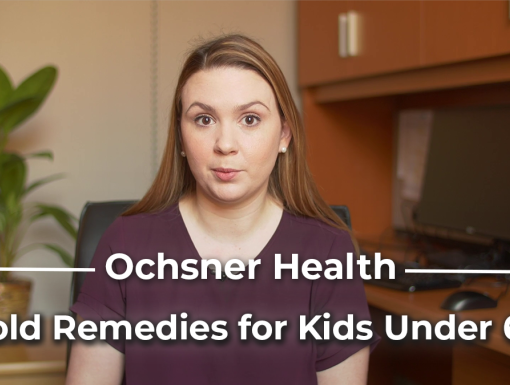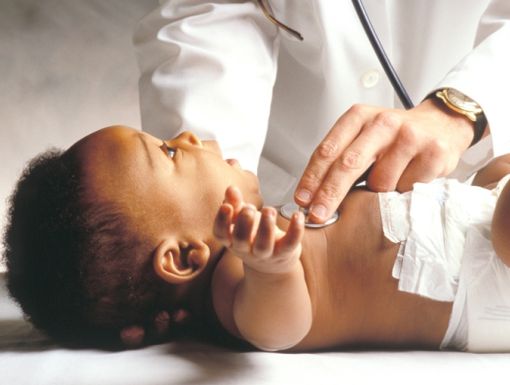
3 Things Your Pediatrician Wants You To Know
Parents, here are three things that your child's pediatrician wants you to know.
1. Well-child visits are important.
Parents typically do an excellent job of bringing their children in for well-child visits in the first year or two of life. Parents of infants and toddlers have a lot of questions about nutrition, growth and development. They also know children should have routine immunizations. However, once children turn 4 years old and get the immunizations that they need to start school, children often go several years without a wellness visit. It's essential for parents to still bring their children in for a yearly visit even if they don't need immunizations. At these visits, we discuss children's overall health, growth and development, nutrition, goal setting and safety. Even after they start kindergarten, plan on bringing your child in for a yearly visit. Schedule it around their birthday, so you don't forget.
2. Antibiotics are for bacterial infections, not viral infections.
If your child has a low-grade fever, runny nose, congestion and cough, they are most likely suffering from a cold. Many different viruses can cause these symptoms, and antibiotics can treat none of them. Antibiotics can only treat bacterial infections such as strep throat, ear infections, bacterial pneumonia and skin abscesses, to name a few. Using antibiotics for a viral infection doesn't work and is harmful. The antibiotics kill off some of the body's healthy bacteria and can leave behind some resistant bacteria. Ultimately, when we need an antibiotic to help fight something like pneumonia, our choices are limited because we are fighting resistant bacteria. Parents can help physicians be good stewards of antibiotics by not requesting antibiotics to treat viruses like the common cold and not using leftover antibiotics to treat viruses.
3. There is still no cure for the common cold.
When a child is sick, parents will do anything to try to help them to feel better. They will give them vitamin C, herbal tea, echinacea, elderberry syrup or Vick's VapoRub.
I've seen families put onions in their children's socks to help treat fever. Pharmaceutical companies make billions of dollars on a wide variety of over-the-counter cough and cold medications, each claiming to treat cold symptoms effectively. If you ask 10 people what they do for cold symptoms, you will get 10 different responses. The reality is that none of them truly work. There is no cure for the common cold. If there were a cure, then that one medication would be the most popular medicine in the world, and everyone would have it. Instead of looking for the miracle medicine or supplement, the best steps to take when your child has a cold are to do the following:
- Make sure they drink plenty of fluids to stay hydrated.
- Use a cool-mist humidifier to help them to clear mucus.
- Treat fever with acetaminophen or ibuprofen.
- Make sure they get plenty of rest.
- Give it some time.
Learn more about Dr. James Wayne, who specializes in Pediatrics at Ochsner Baton Rouge.


